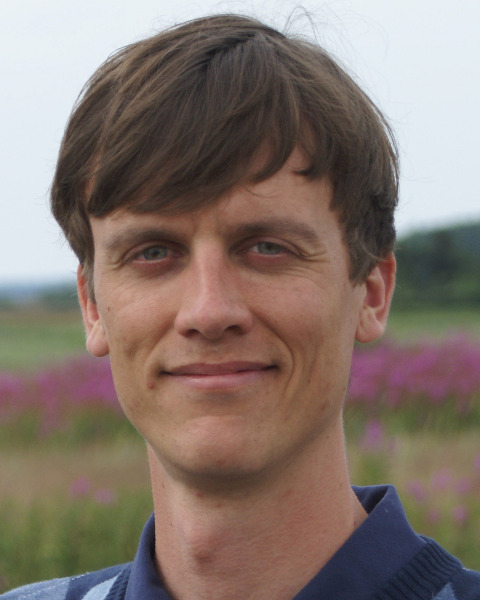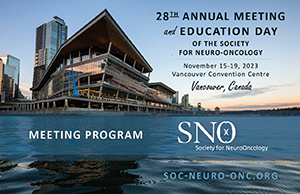
Fredrik J. Swartling
Uppsala University
Uppsala, Uppsala Lan, Sweden
Dr. Fredrik J. Swartling, PhD, Associate Professor, Uppsala University, Sweden.
Our research group is exploring how dysregulation of important cancer proteins (including MYC, MYCN and PDGF) are promoting malignant brain tumors with a focus on identifying cells of tumor origin and understanding the process of pediatric brain tumor maintenance. We further study critical cellular pathways for protein synthesis/translation (mTOR), cell cycle regulation (AURKA, CDKs, INK4A/ARF), DNA repair/therapy resistance (MGMT) and stemness (OCT4 and SOX factors) involved in MYC-driven brain tumor maintenance and recurrence. We combine various sequencing strategies and epigenetic profiling with computational models and network analysis in large patient cohort data to identify novel targeted treatments that synergize with standard treatments for MYC/MYCN-driven brain tumors with a particular focus on medulloblastoma, the most common malignant childhood brain tumor.
We have during the last 15 years generated several clinically relevant animal models for PDGF-driven or MYC/MYCN-driven brain tumors and are also studying and generating primary cell lines/patient-derived xenograft (PDX) models propagated from operated childhood brain tumor patients. We have recently started a preclinical cancer treatment (PCT) center to study various cancer therapies using advanced image-guided irradiation of animals in combination with precision/targeted therapy. Our lab coordinates this national facility sponsored by the SciLifeLab in Sweden helping researchers worldwide to test new potential drug compounds in transgenic or orthotopic PDX cancer models in mice. We recently filed a patent for development of a novel suicide gene therapy tool to target relapse in brain tumor patients.
The Swartling lab consists of about 10 people including physicians/pediatric neurooncologists, tumor cell biologists, stem cell/neuro-developmental scientists and computational biologists/bioinformaticians. A particular focus is on generating sophisticated inducible transgenic models for molecularly defined pediatric brain tumors or avatar models that are derived from human induced-pluripotent stem cells or primary human neuroepithelial stem cells.

